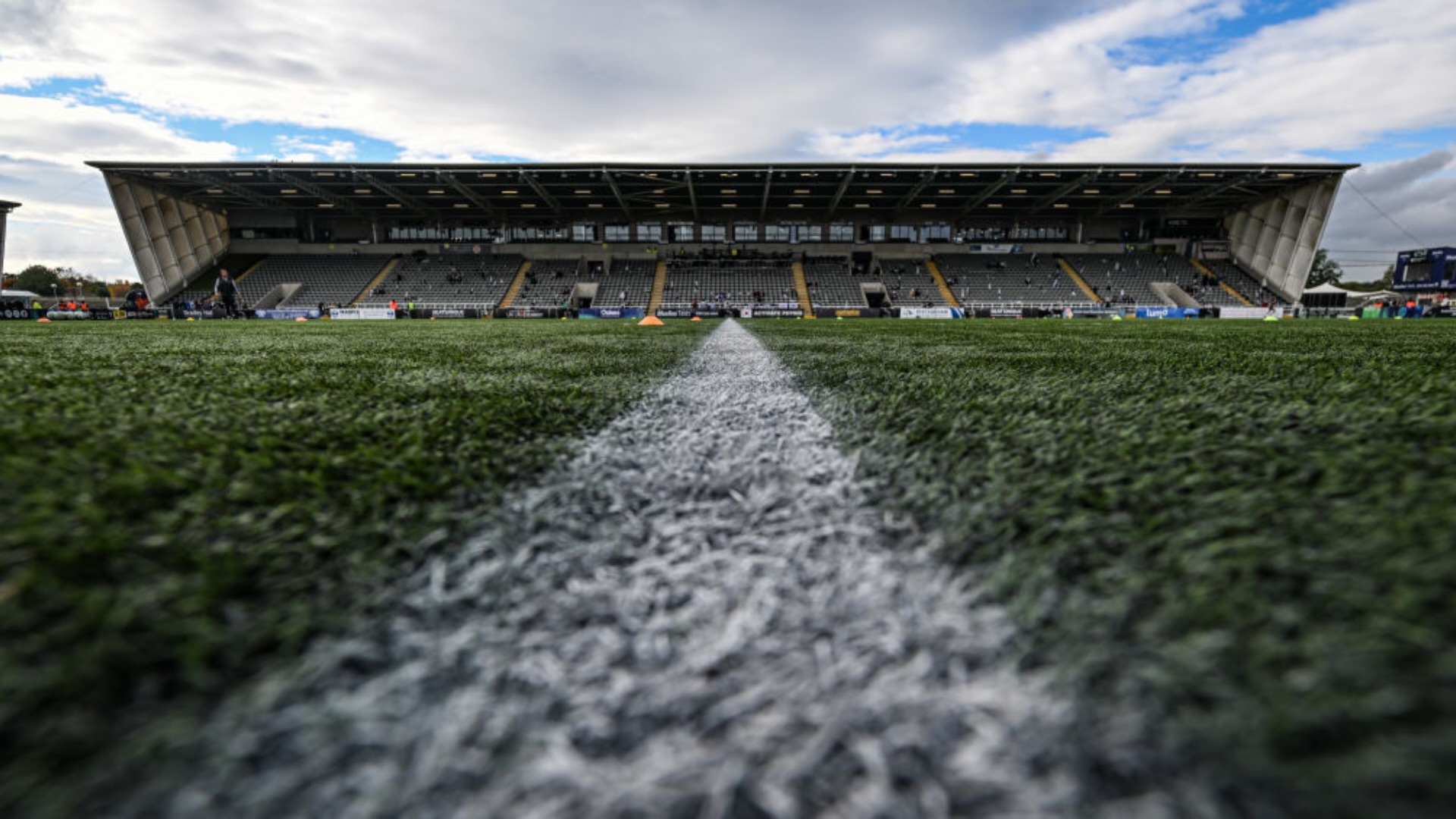From this season, minimum salaries are being introduced across both the Women’s Super League (WSL) and WSL2 – a landmark change that ensures second-tier players no longer need part-time jobs to make ends meet. The move, revealed exclusively by The Guardian, marks a major step in making both WSL leagues fully professional.
Holly Murdoch, COO of WSL Football, confirmed the change, developed in consultation with the Professional Footballers’ Association (PFA).
Key Points
WSL & WSL2 minimum salaries
Exact figures haven’t been disclosed, but they will vary by age group and division. The aim is to make football a full-time career while keeping costs sustainable for clubs.
Player support
Clubs must now provide new mandatory roles, including performance wellbeing staff, to better support players.
PFA representation for WSL2 players
Talks are close to securing PFA representation for WSL2 players, with a new negotiating committee already in place.
Changes to Financial framework
Clubs can now spend up to 80% of revenue, plus capped owner contributions, on salaries – up from the previous 40%. This balances investment with long-term sustainability.
Impact of league expansion
With the WSL growing from 12 to 14 teams next season, these changes should strengthen promoted sides and reduce the “yo-yo effect” of WSL2 clubs bouncing straight back down.
Overall aim
Boost professionalism, improve welfare, raise competitiveness, and prevent stagnation in WSL2.
What This Means
- Players can now focus fully on football, raising standards on the pitch.
- Clubs gain more financial flexibility but within safeguards to protect their futures.
- Fans can expect a more competitive and dynamic WSL2, with greater movement between divisions.







